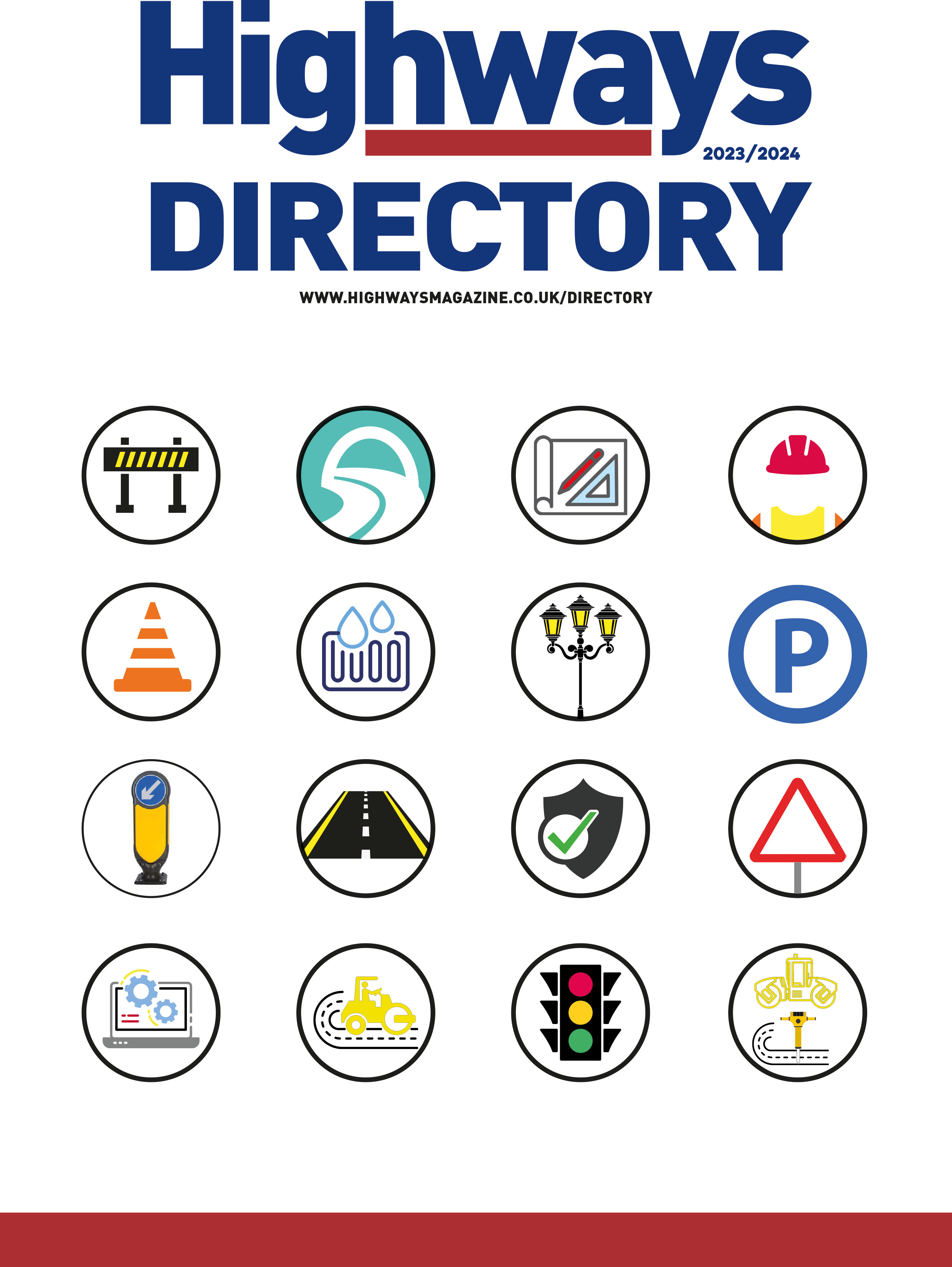Ian Patey, head of profession for intelligent transport at WSP and chair of ITS(UK) talks to Dominic Browne about the big questions in intelligent highways.
Ian Patey is as careful a speaker as he is a thinker on all things ITS. As a good systems modeller should, he puts in checks and balances to the debates and issues he raises; his conversation often holding competing ideas up to the light for consideration.

Should we see autonomous vehicles as an adaptation of existing systems or a new transport in themselves? How can we step back and make all parts of a driverless system work together, while also considering that a full system failure would be catastrophic? These are the kinds of questions that come up when we meet in WSP House in central London.
Mr Patey describes his job as ‘ensuring that what we produce in WSP’s ITS discipline is consistently the right quality and, externally, looking at the market and seeing where it is going’.
WSP holds a number of contracts that are central to where the highways sector is and how it is developing.
After securing a slew of deals with sub-national transport bodies on regional transport strategies, it is well placed to understand how the major road network will work and the links between the local and national networks. Having won a £1m contract from Highways England to research how the national roads operator can better align its programmes with other national and regional transport bodies, it also has a national view of integration.
It also has a keen knowledge of road charging and data management. WSP uses Taranto software to process penalty charge notices for local parking, the Dartford Toll and the London emissions zone: ‘We can also provide kerbside management with that software so rather than just charge people for overstaying their welcome, you can look at how we manage a street to get the best value out of the space.’
Through a joint venture, it has developed, deployed and now operates the National Traffic Information Service (NTIS) for Highways England. Within that contract it aggregates data, taking it from physical infrastructure, loops in the road, cameras and also floating vehicle data, provided by INRIX.
‘All that data is fused so we can understand across the strategic road network where there will be delays, how long those delays should be, whether there should be diversions,’ Mr Patey says.
You can see why they made him chair of ITS(UK).
As for experience, he has been in the ITS game for longer than motorways have been smart: ‘I led the initial feasibility study for the original M42 smart motorway [then called a managed motorway and open to traffic in 2006]. We considered what a future motorway might look like and asked what was feasible in terms of lane management and incident management. We came up with the concept of the dynamic hard shoulder for the M42. It was one of the first jobs I was involved in where the percentage of stakeholder work compared with engineering was probably balanced.
‘There was so much effort put into working out whether people would accept this, and if they don’t why; and working with them to help them understand; and developing the safety governance process so we could demonstrate why it would be safe.’
He often talks of taking a whole systems approach to the future of the network and the different elements to WSP’s highways work could well fit together into one. Indeed, Mr Patey gives one particularly insightful illustration of where we might be heading.
‘A number of years ago Highways England made a map of its network that is much more like a London Underground map. So on the Underground you have the different colour lines – on the strategic road network you might have different colours for motorways, smart motorways, expressways.’
As for managing the traffic on these highways, unlike the signalling systems for trains our sector has ‘really interesting organisations who can do micro-simulations that look at individual vehicles and be able to plot and run different scenarios of new problems’.
‘They can use different algorithms to say what if this, what if that and they can introduce some learning into the process as well, so you can see in the future doing that fairly close to real-time and that could dictate what decision is made.’ Mr Patey suggests we are close to the point where machine learning could augment our decision-making around diversions and network management.
‘It has been talked about but I am not aware there are any live systems at the moment.’
On top of this you have Highways England’s vision of ‘naked roads’ and removing the gantries altogether, something they never imagined when formulating an impression of future highways on the M42. Working on the A2M2 connected corridor, WSP has been involved in trials of new systems where connected vehicles could be given notice of traffic signal changes, or where a ‘virtual gantry’ gives information on speed limits or lane closures. The move to ‘naked motorways’ without gantries and maybe even without signs is one that follows a general trend in vehicle manufacture towards vehicles that remove a human’s ability to cause a crash, through technology such as automatic breaking and speed limiters.
Mr Patey identifies one of the difficulties of the switch in that every move is not just putting information in a car but rather taking some information away from the driver.
Politically speaking, it is very difficult to take away something from the public once given. Driving has ‘grown up’, in Mr Patey’s well-chosen phrase, in a social context of not just being about utility but a symbol of liberty and independence. That is part of its culture so to speak.
However, Mr Patey suggests autonomous cars could be a chance to start from somewhere else, as the old joke goes about getting directions.
‘Are we trying with driverless cars to keep the same system and so driverless cars become a machine to replicate what a driver does or are we considering those machines as a new form of transport?
‘I would probably go more towards the new transport line. If you started from that point and treated it as a new thing, a disruptor into the system, how do we make that work? Because if we just keep on adapting, while we are good at adapting, we will probably end up with something not quite as good as it could have been. If we take a step back and think how does this work it will take a bit longer but I think we could come up with a better answer.’
Again the words are chosen carefully. Mr Patey talks about solutions in terms of better answers rather than the right answer. Systems evolve and so must we. This is part of the reason why he has such affection for ITS(UK).
‘One thing I found really exciting about ITS(UK) over the years is the willingness of individuals to give time and thought and it’s really collaborative. We welcome everybody. It is a safe space to discuss ideas.’
A safe place to help big ideas grow sounds like Mr Patey’s idea of heaven.



